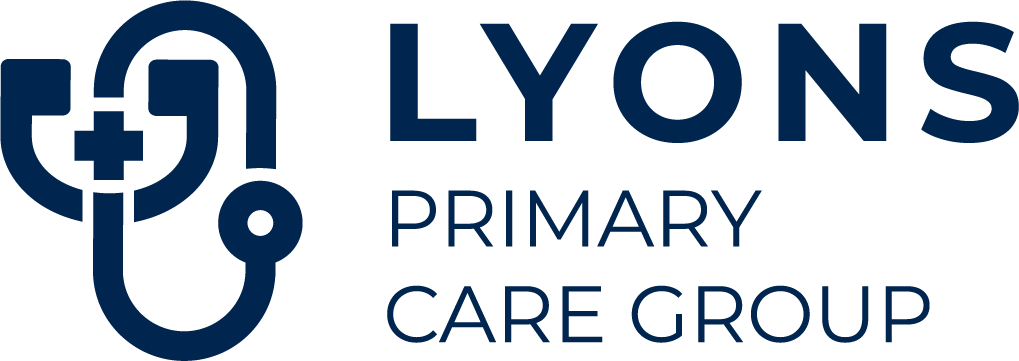ALLERGIES
Early care can reduce discomfort and prevent complications like sinus infections or worsened asthma.
SECTION CONTENT
Overview
Recommended Reading
Treatment
-
Seasonal allergies, or hay fever, are common and cause sneezing, runny nose, itchy eyes, and other symptoms from pollen, mold, and allergens.
-
Managing seasonal allergies effectively requires a well-rounded approach. Key areas of focus include:
Identifying Triggers
Knowing your allergy triggers, like pollen, mold, or dust, helps you avoid exposure and minimize symptoms.
Medications
Antihistamines, decongestants, and other treatments can relieve symptoms and improve daily life.
Environmental Control
Simple steps like using air purifiers, keeping windows closed during high-pollen seasons, and cleaning regularly can reduce allergen exposure.
Long-Term Risks
Untreated allergies can lead to complications like chronic sinus infections, sleep disturbances, or worsened asthma. Proactive care is essential.
-
Our seasonal allergy services include:
Comprehensive Evaluations
Thorough assessments to identify allergy triggers and diagnose related conditions.
Medications
Prescriptions or over-the-counter options to manage symptoms, including antihistamines, nasal sprays, and eye drops.
Lifestyle Counseling
Guidance on how to reduce allergen exposure and manage symptoms effectively.
Environmental Strategies
Recommendations for creating an allergy-friendly home and minimizing triggers.
Ongoing Monitoring
Regular follow-ups to adjust treatment plans and ensure optimal symptom control.
This content has been reviewed by our health care specialists for education and is not a substitute for medical advice. Consult your provider with any questions.

